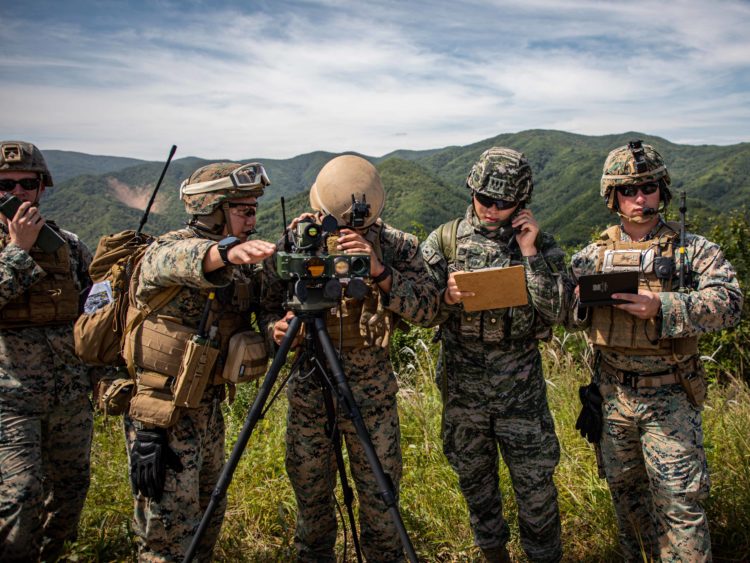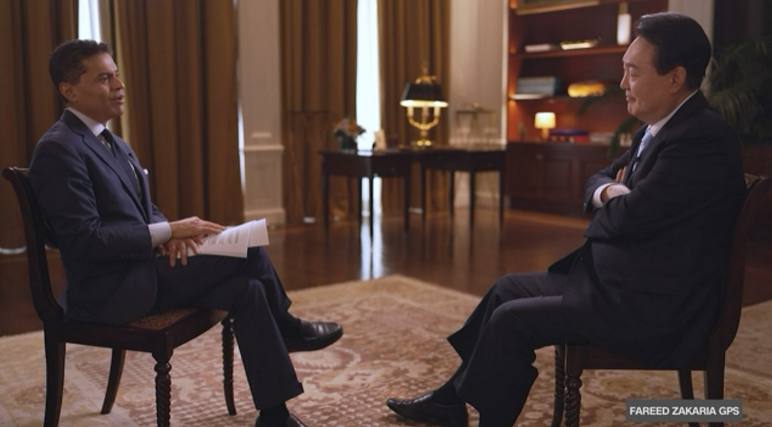Former USFK Commander Retired General Robert Abrams (serving 2018-2021) said that the US will retain “all options” in determining what forces might be used in the event of a military conflict between its neighboring countries, “including those assigned to the USFK.”
Abrams’ remark came after USFK incumbent Commander General Paul LaCamera claimed to do “contingency planning” for all possibilities, which soon after triggered mobilization speculations.
“What begins in one region spreads very quickly within the region and around the world,” LaCamera said in a seminar last Tuesday.
Meanwhile, South Korea’s defense ministry stressed that the USFK’s top priority remained on handling North Korean security challenges and would maintain “close communication and cooperation to ensure its citizens” that the issue they’re worried about would never happen.
🚨🇺🇸🇰🇵 Just in: North Korea fires ballistic missile ahead of US vice President visit. pic.twitter.com/bTFD07ZjnB
— Terror Alarm (@Terror_Alarm) September 25, 2022
Responding to Pyongyang’s Provocation
The allied navies began their series of joint naval exercises in the East Sea Monday, a routine that the allies conduct to showcase their unity and combat preparedness against North Korean threats.
Participating in this Maritime Counter-Special Operations Exercise (MCSOFEX) include the nuclear-powered USS Ronald Reagan (CVN 76) Carrier Strike Group (CSG), Carrier Air Wing (CVW) Five, USS Chancellorsville (CG 62), USS Barry (DDG 52), USS Benfold (DDG 65) and staff from Destroyer Squadron (DESRON) 15 and Carrier Strike Group (CSG) Five, the US Pacific Fleet reported.
Peace through strength 🇺🇸🇰🇷
@gipper_76 arrived in Busan for a scheduled port visit. An impressive example of our unwavering commitment to peace and security in the region. pic.twitter.com/Yl82IYWmcb— Ambassador Philip Goldberg (@USAmbROK) September 27, 2022
CSG Five Commander Rear Adm. Michael Donnelly said that through the MCSOFEX, the US-ROK naval force could demonstrate its strength and enhance its respective combat readiness capabilities. The four-day exercise took place amid growing concerns that Pyongyang could be planning provocations and conducting activities such as nuclear tests or submarine-launched ballistic missiles (SLBM) as it did on Sunday towards the sea off its east coast.
“The Republic of Korea and US share one of the strongest alliances in the world and we grow stronger as an alliance because of our routine exercises here in South Korea and the close relationship and ties that we forge from operating at sea together,” he added.
Meanwhile, Rear Adm. Kwak, Kwang Sub, Commander of the ROK Navy’s Maritime Battle Group (MBG) 1, stressed how the exercise would improve both allies’ operational capabilities, bolster interoperability, and help maintain a “combined naval defense posture based on iron-clas ROK-UUS alliance,” reiterating LaCamera’s previous statement on the US security commitment to Seoul. “Two navies will continue to maintaining combined naval defense posture based on iron-clad ROK-US alliance,” he added.











COMMENTS